Japan has developed and maintained a joint base in Djibouti since 2011 to serve its anti-piracy campaign in Africa.
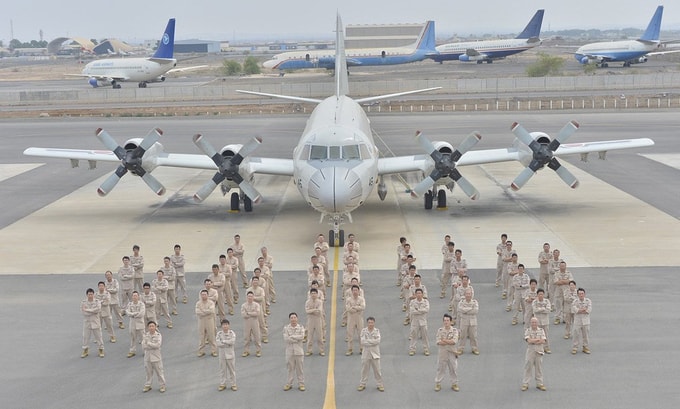 |
| The Japan Self-Defense Forces (JSDF) base in Djibouti was established in 2011 to serve anti-piracy patrols in the Gulf of Aden and the Red Sea. This is Japan's only overseas military base, according to Livejournal. |
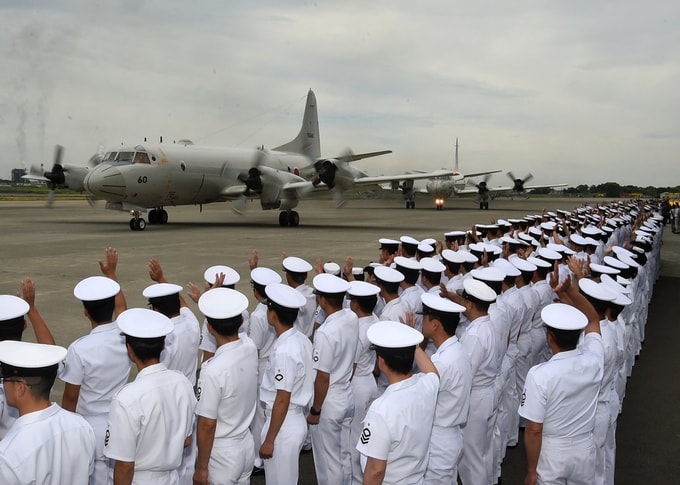 |
| The JSDF began its counter-terrorism operations on March 30, 2009, with the landing of two P-3C Orion anti-submarine and maritime patrol aircraft at Djibouti-Ambouli International Airport. The initial force consisted of only 100 personnel, including the crews of the two P-3Cs. |
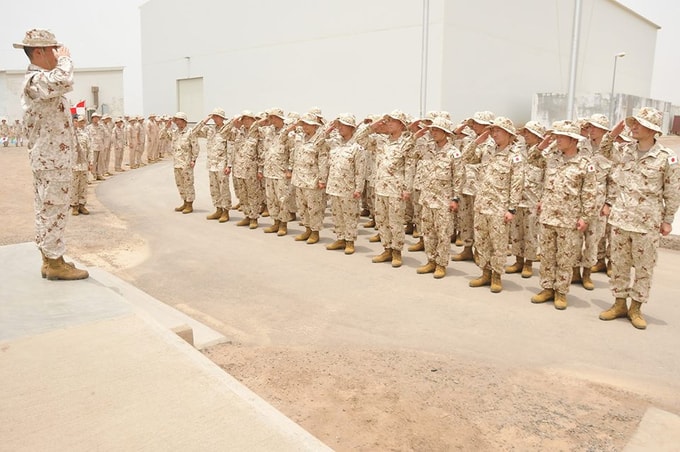 |
| Initially, the JSDF deployed 50 infantrymen to protect equipment and bases in Djibouti. The number gradually increased with additional forces from the air force and navy, and now reaches 600. |
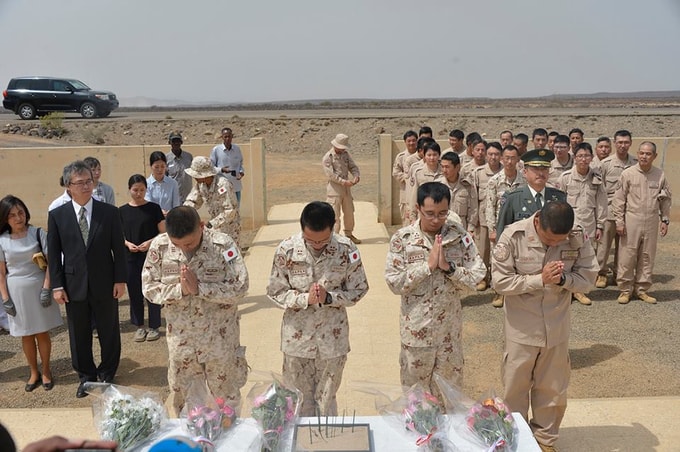 |
| Japanese troops in Djibouti are rotated regularly to maintain their morale and physical fitness. Tokyo invests about $30 million a year to maintain the base. |
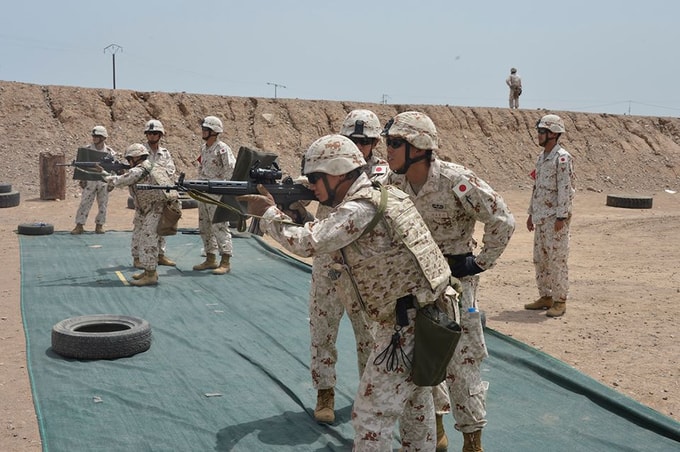 |
| Infantrymen continuously participate in training to maintain combat readiness and protect the base from outside threats. |
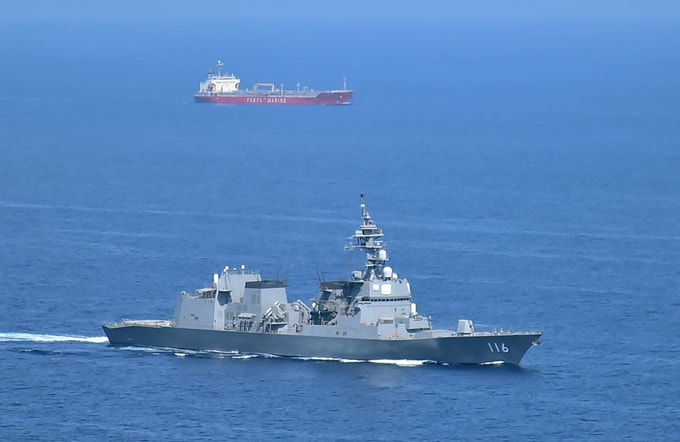 |
| The JSDF expanded its operations, adding more warships to extend patrol time, as well as ensuring the ability to escort international cargo ships passing through the Gulf of Aden. |
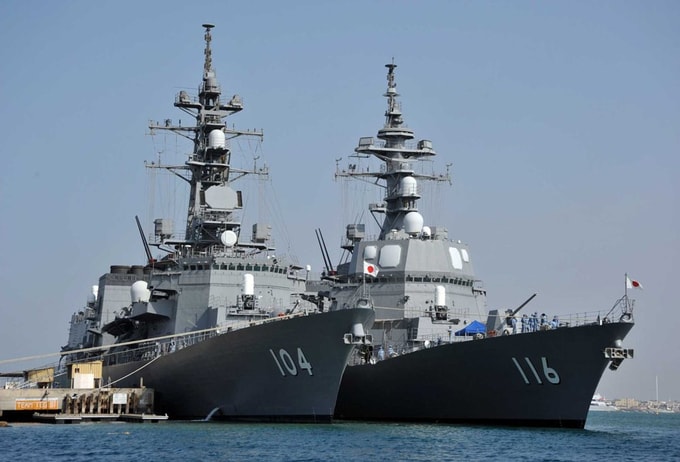 |
| Japanese warships docked at Djibouti port, about 11 km by road from Djibouti–Ambouli International Airport. |
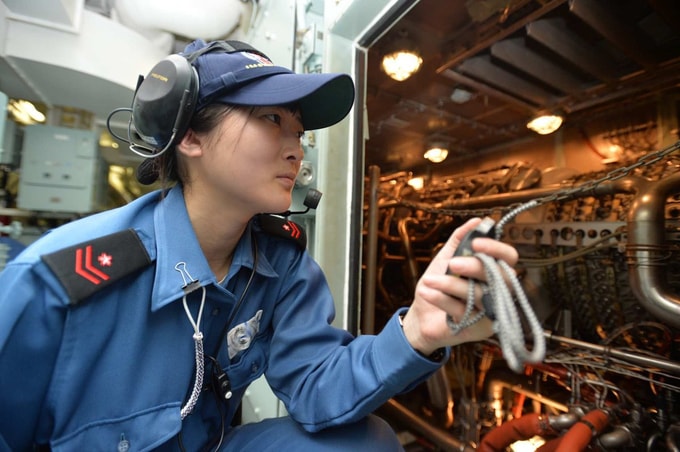 |
| Female soldiers often perform logistics, medical and technical support duties. |
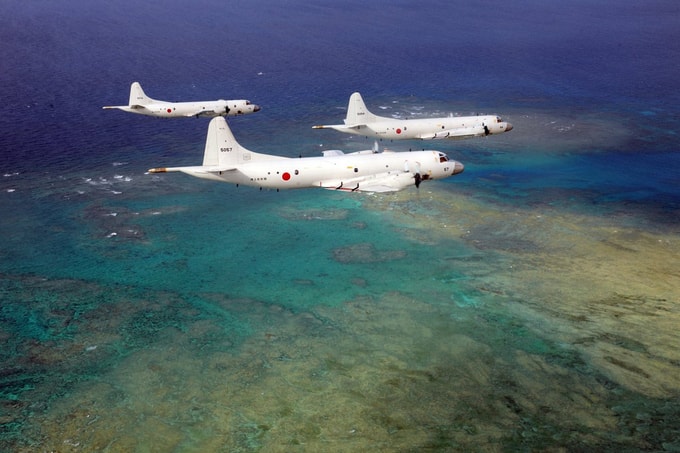 |
| P-3C maritime patrol aircraft squadron operating in the Gulf of Aden. |
 |
| Life at the Japanese base in Djibouti is considered very comfortable, with full infrastructure to serve soldiers. |
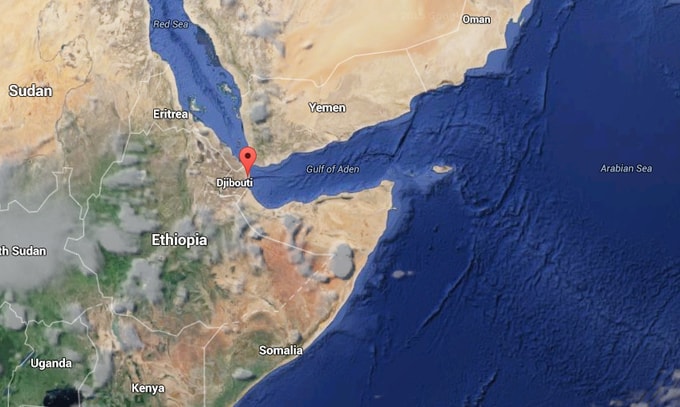 |
| The base allows the JSDF to quickly deploy forces to the Gulf of Aden, an area frequented by Somali pirates. |
According to VNE












